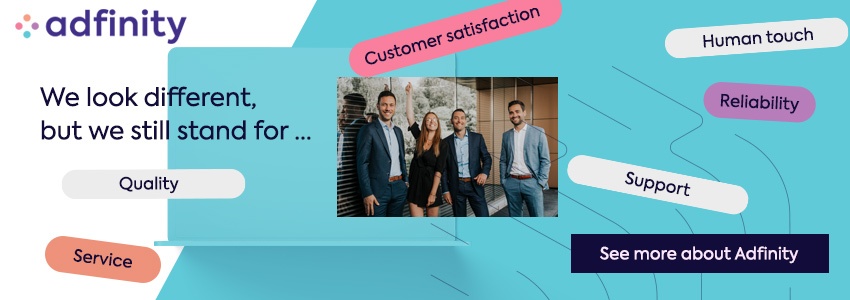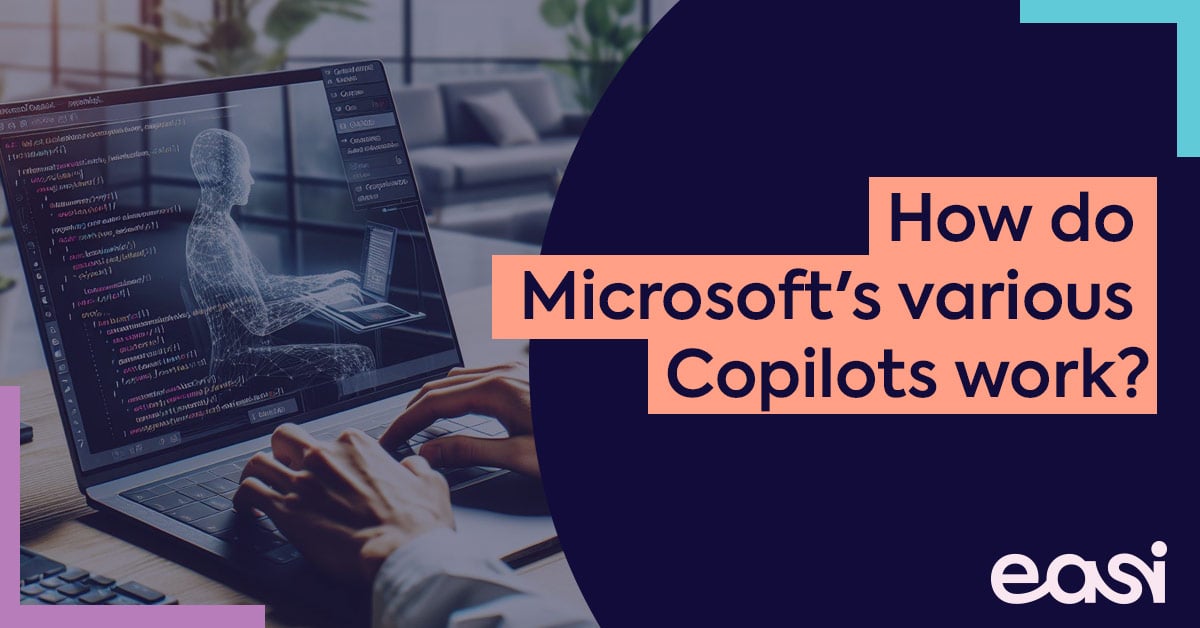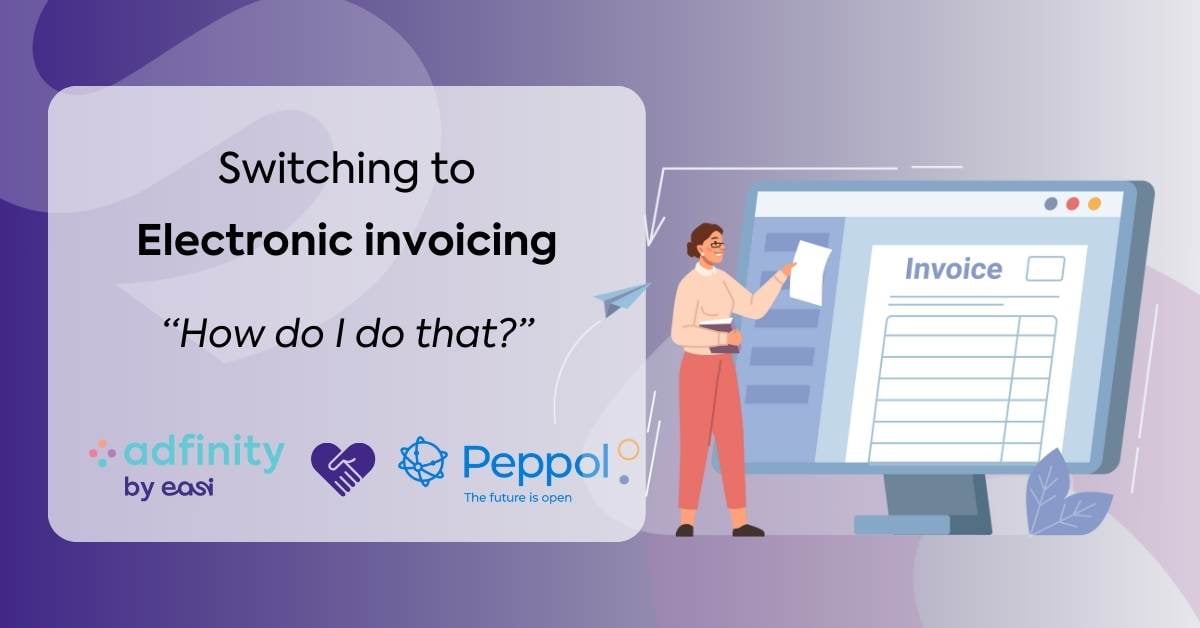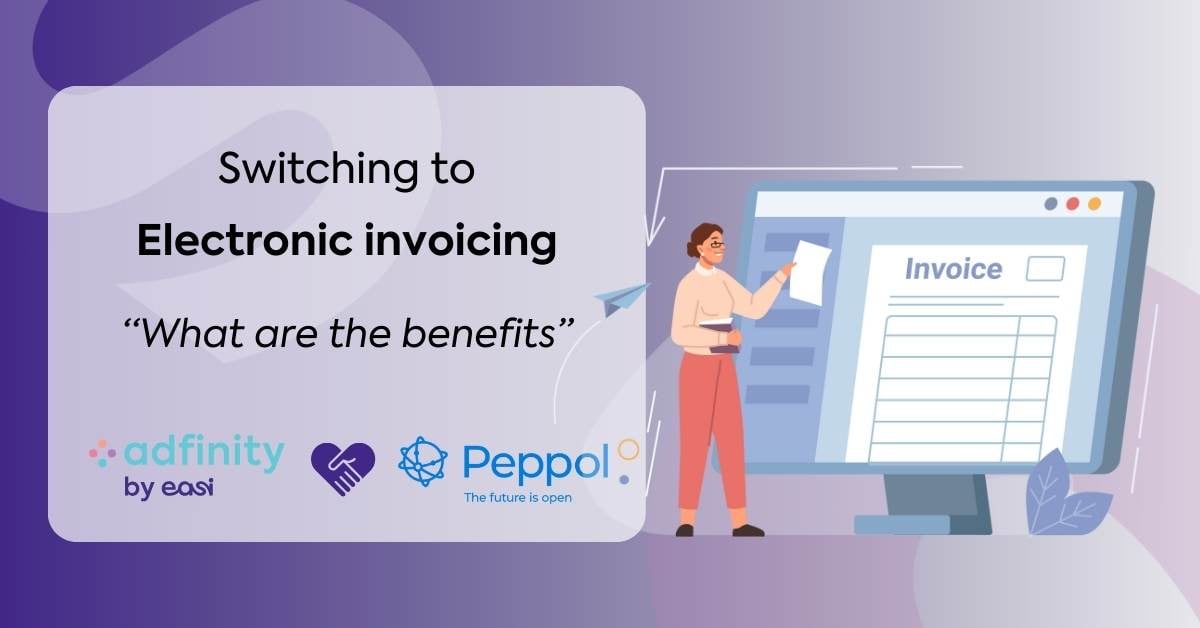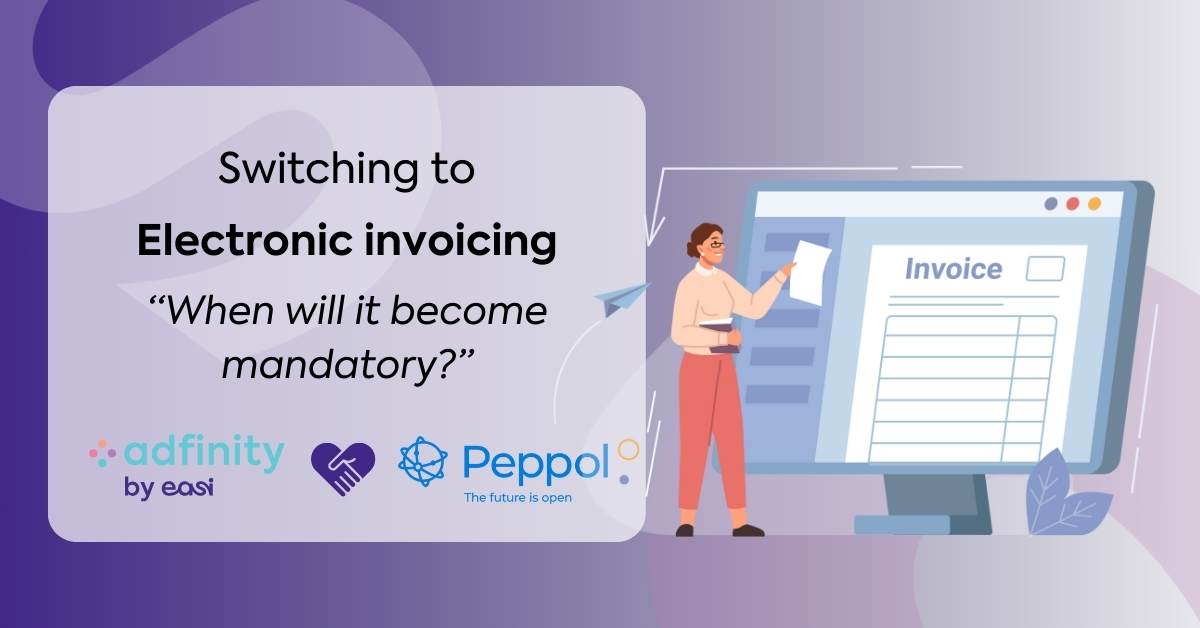Data loss, not enough staff, too expensive, etc. Plenty of arguments in the no-camp, but is their reasoning correct? Discover here what you really need to take into account.
Dit artikel in het Nederlands lezen?
Many accountants and CFOs often complain that their accounting package no longer meets current requirements. And yet they often don't take steps to implement a different package. Why is that? They often cite the same reasons:
- I don't want to lose my historic data.
- Start up on January 1st, the busiest period of the year, is impossible for us.
- Too many specific programs have already been developed for us.
- No time and/or staff.
- Too expensive.
But is this reasoning correct?
Will I lose my historic data?
No. Switching the existing accounts and setting up the new accounting system will largely be done by your new supplier based on a number of exports from your current accounting system. You can easily obtain this information from the vast majority of accounting suppliers.
Often your new supplier has already done a similar conversion and the process is already largely automated. Through exports and imports, the accounting transactions, customer and supplier data, project administration, investment records, etc. are transferred from the existing to the new package. In other words, a perfect time to clean up your old customer/supplier database.
Is a switch on January 1st possible?
Yes. It's a misconception to think the switch will be done in one day. The switch starts a long time before January 1st. The beginning and end of the year are often far too busy with the close of the financial year and the start of the new one. In other words, not the ideal time to be implementing your new accounting software. Use the summer months, which are usually calmer, to take your time and make an inventory of what you need.
Once you have made a choice, you can make the switch so that you can use the last months of the year to learn about the new accounting software and to follow training. This allows you to take full advantage of your new package at the start of the new year.
Which things should I take into account when choosing?
To make a well-considered choice, you make a clear structure of the needs that your package must meet. Take into account: user-friendliness, functionality, modern basic technology and infrastructure, security, integration with other applications, mobile solutions, maintenance and support costs, modular toward users and functionality, provided service (updates and hotline). More information about this is available in the article. Make sure you also take into account the growth you expect in the coming years.
I work with a specific accounting package - what now?
Time to evaluate how many ‘specific’ programs you currently still use and mostly to what extent they still meet your needs. Maybe modernization is necessary, or your new software supplier has modules for specific professions or sectors within his standard application. There may exist several possibilities to integrate your existing specific applications within the new package. A program such as Adfinity allows broad integrations, but that is not the case with every package. Again, structuring your need and communication with your new software supplier is crucial in this.
Will I have enough time and/or staff to do this, and what will it cost?
Switching to a new package takes time, manpower and thus money, but how much time on average do you spend on accounting and administration now? Maybe a new and better package will result in time savings and an efficiency increase because of the provided automation possibilities! You can benefit from the knowledge of your new supplier's consultant(s). Together with you they can audit and optimise the existing processes. At the end of the process, you will not only have a new accounting package that meets your requirements, but also an improved accounting and administration system.
I am in (want to be in) the cloud - can I just transfer my data?
The advantages of the cloud are known, but obviously there is the concern about ‘data ownership’, because what happens if you change cloud supplier? What happens to your data? Before you start working with a cloud supplier, a number of basic rules should be applied:
- Keep your data in Belgium
- Choose a cloud solution that suits you
- Choose a certified provider
- Reach clear agreements and contracts
A reliable cloud provider who has invested in security standards and certificates and the communication about these certificates could be found on their website. (https://blog.easi.net/en/easi-is-iso-27001-certified) He informs you how the security is set up, how it is monitored and checked on a daily basis, and how accountability is provided. The right of ownership, the availability of your data and the services provided after the termination of the contract must be clearly agreed upon and laid down in a contract, i.e. an SLA.
Finally, as with everything else, the fear of change applies here as well. But when at the beginning of January, the first sales invoices are sent electronically, the bank statements are booked semi-automatically via CODA, the purchase invoices are prepared via optical character recognition for registration, approval and automatic payment, you will probably wonder why you waited so long.
